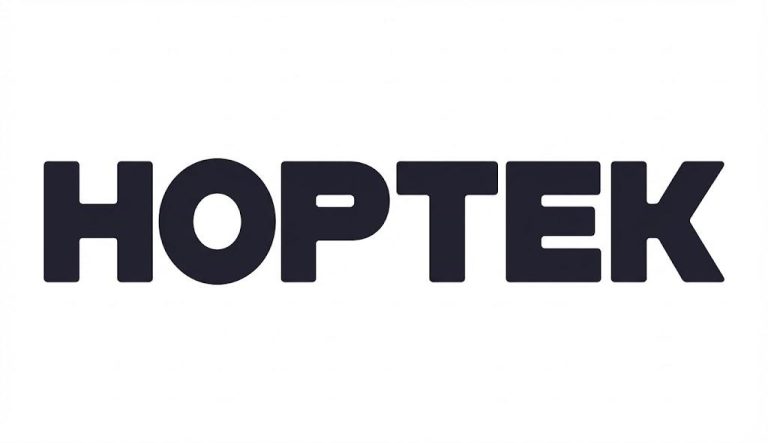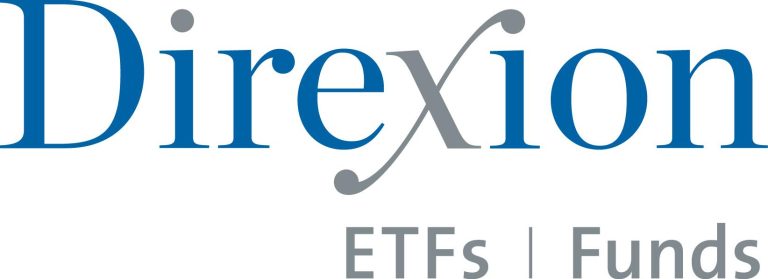
When planning for the management of an estate, it’s fairly common for the process to bring up some difficult emotions, ones that can lead to tough decisions about legacy and family dynamics.
Take Anna from Las Vegas, for example. Anna wants to disown her son, who’s been diagnosed as a narcissist. She has her assets in a trust for her three children and two grandchildren, as well as US$200,000 (CDN$275,000) in a brokerage account that’s currently in her son’s name — an account he doesn’t know about.
“I want to take him off of it because he doesn’t deserve it,” Anna said during a recent episode of The Ramsey Show, describing her son as a “horrible father, horrible son, horrible husband, everything — just think of the worst.”
Her son and daughter-in-law are getting divorced, and Anna now wants to put her daughter-in-law’s name on the brokerage account instead of her son’s. “She will take care of those children. She’s a wonderful mother,” said Anna.
Here’s why The Ramsey Show says Anna should approach things in a different manner.
Her son will still get the money — in some way
“You’re well within your right to spend your money however you want to spend it,” cohost Dr. John Delony told Anna.
But, as Delony explained, “if you give your daughter-in-law this money and she turns around and leaves him, he will get a huge chunk of it in the divorce settlement.” Anna asked if that would still be the case even after the divorce. Delony urged her to speak with an attorney to be absolutely sure.
“My guess is he’s going to file some sort of alimony, some sort of something, and he’ll get his hands on it in some way,” said Delony.
Anna doesn’t have a will — she has a trust: A legal arrangement in which you transfer your assets into an account that’s managed during your lifetime and after death. You can designate beneficiaries to receive your assets after your death, helping to avoid the costly and time-consuming probate process.
One option that Anna could explore would be to transfer the $200K from the brokerage account into the trust. A trust can specify distributions at specific intervals — for example, Anna could designate that her grandchildren receive assets at a specific age or milestone in their lives.
However, Anna doesn’t want to go with this route, saying that she “promised” her husband she wouldn’t change the trust.
In the meantime, Anna may want to consider creating a will. It’s often a good idea to have a will even if you have a trust, since a will addresses any assets that are excluded from the trust, as well as end-of-life wishes.
In Canada, it’s also important to have a living will, which includes medical directives, should you be unable to make those decisions for yourself. A living will — also known as an Advance Health Care Directive, Personal Directive, or Representation Agreement — are governed by the specific province or territory where you reside, and detail your wishes in the event you’re unable to communicate them yourself.
Regardless of the necessity for a will, trust or living will, a large number of Canadians are unprepared for what happens to their assets when they die. According to a 2024 Narrative Research survey, only 43% of Canadians have a last will and testament, and as many as 53% are entirely without one. Another poll by Angus Reid Institute states, 50% of Canadians say they have no living will, with a quarter of those claiming they’re simply “too young to worry about it.”
What are Anna’s options?
If Anna isn’t willing to transfer the money in her brokerage account to the trust, she could also consider gifting assets to her daughter-in-law.
For example, Anna could buy a $200,000 house and gift it to her daughter-in-law, or if she were in Canada, could put some of that money in a Registered Education Savings Plan (RESP) for each of the grandkids to help pay for future post-secondary expenses.
The Canada Revenue Agency (CRA) allows tax-sheltered growth for the earnings within the RESP — in other words, contributions to the RESP aren’t tax-free, but the earnings grow on a tax-deferred basis. So, when money is withdrawn as an Educational Assistance Payment (EAP) for college or university, the EAP is taxed on the beneficiary, whose student status puts them in a low tax bracket and minimizes the tax burden. The subscriber’s original contributions can be returned to the subscriber (such as a parent, guardian or grandparent), tax-free.
But in Anna’s case, if she liquidates her brokerage account, there would be tax implications.
“You’ll have your capital gains tax,” said cohost George Kamel. “And if it was held for longer than a year, it’ll be long-term, likely 15%, depending on your situation. So, you’ll pay 15% of whatever money you liquidate from the brokerage account.”
Anna will want to talk to her estate planning attorney before making any moves, though she may also want to seek advice about her brokerage account from an investment professional, or advice about tax strategy from a tax professional.
“They’re going to know the best way to set this up to keep his [Anna’s son’s] hands off of it,” said Kamel.
But there’s another reason the hosts want Anna to consult the pros.
“I want you to be very careful,” Delony told Anna. “You’re mad.” And, as Delony explained, when people are angry, they tend to go into fight-or-flight mode. “Our brains literally shut off the critical-thinking parts of our brain and we’re simply responding like animals.”
If Anna is making decisions out of anger, there’s a good chance that she may not be thinking clearly. “That’s why you’ve got to get a professional in your corner so that you can exhale and make a logical move,” said Delony. “Get a critical-thinking brain next to you.”
Sources
1. TD: What a probate is and everything you need to know
2. Canadian Lawyer: What are living wills?, by Kairos Anggadol (Nov 16, 2023)
3. Narrative Research: Half of Canadians don’t have a last will and testament, while DIY online providers are now responsible for a quarter of existing wills. (Jun 3, 2024)
4. Angus Reid Institute: Lacking the Will: Half of Canadians say they don’t have a last will and testament, including one-in-five aged 55+ (Mar 7, 2023)
5. Government of Canada: Managing the Registered Education Savings Plan, taxes and transfers
This article provides information only and should not be construed as advice. It is provided without warranty of any kind.


